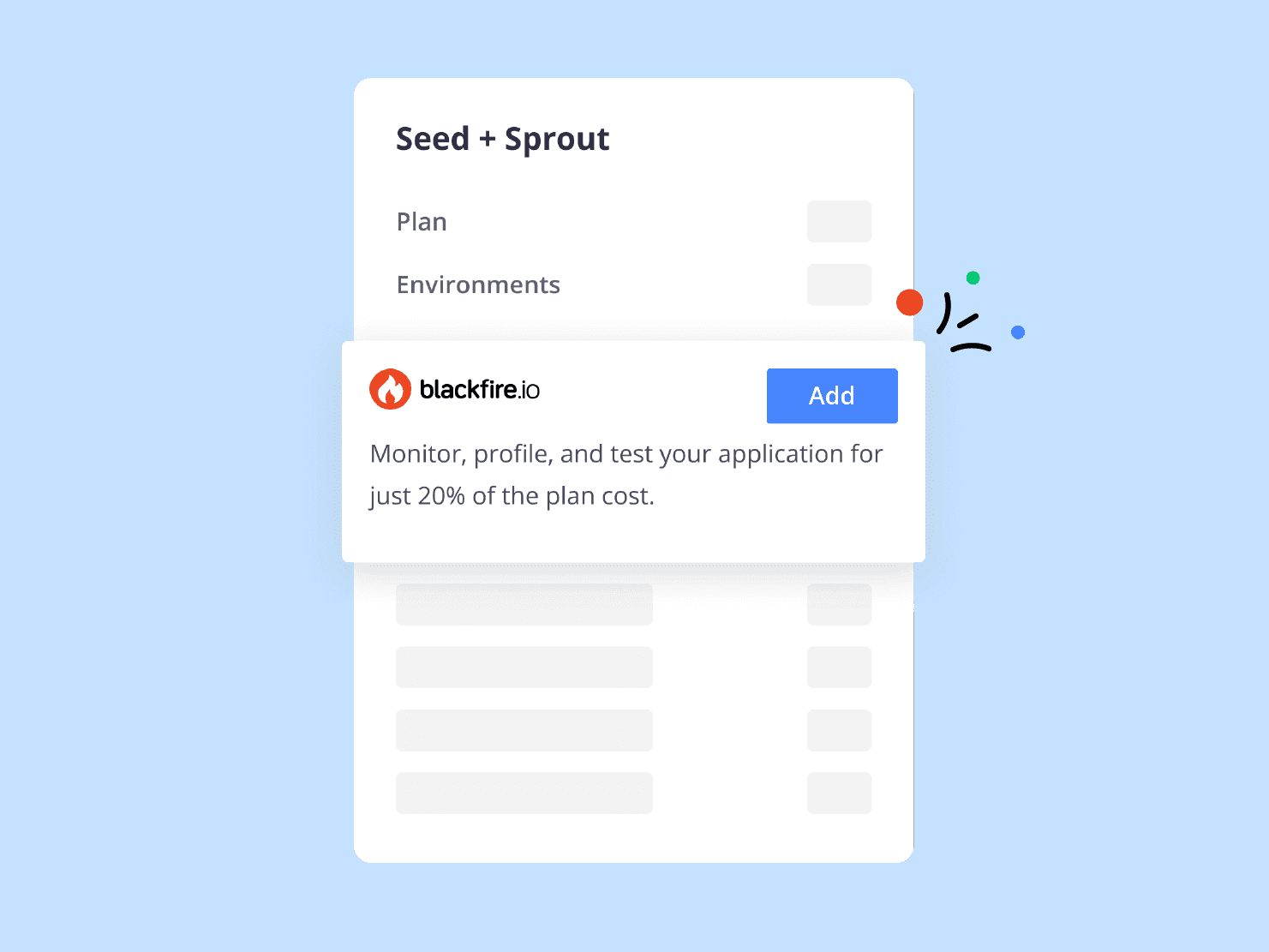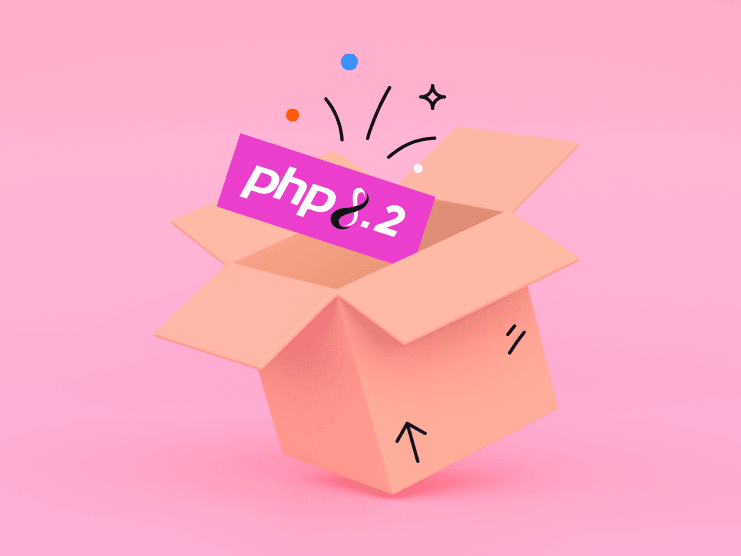With the global COVID19 pandemic threatening the globe, dozens of conferences have had to either cancel or switch from in-person to online events on short notice. That's no easy task under the best of circumstances and is, not surprisingly, posing challenges for many.
Last week I keynoted Indy Cloud Conf a small regional conference on cloud, IoT, and machine learning stuff ostensibly in Indianapolis, Indiana. Of course, it wasn't in Indianapolis anymore but "on the Interwebs," and I'm pleased to report that the organizers did a great job of shifting gears so quickly. I wanted to share a few of my observations in the hopes they prove useful to other conference organizers who are in a similar situation.
Thank you conference organizers!
First, an aside: Community conference organizers are an over-worked, under-paid, under-appreciated group of people in the best of circumstances. Coordinating a conference of anywhere from 100–1000 people on mostly volunteer time; handling the logistics of the venue, catering, AV, and so on; selecting speakers, dealing with cranky speakers, and handling speaker travel (for those good conferences that do so); finding sponsors, chasing down sponsors for money, and getting sponsor booths put together; marketing to attendees, ensuring hotels are available, ensuring badges and programs get printed (and correcting issues when they inevitably are printed wrong), and sorting out social events: it's all an enormous amount of work, and usually a labor of love.
These are tireless people working to make it possible for us all to learn and have fun at the same time. I don't envy them the job even when the world isn't in a state of panic, and I have to applaud them for keeping the ship afloat in these new circumstances. If you see a conference organizer online (because you're social distancing responsibly and so won't be seeing them in person), please be sure to say thank you for all they do for the rest of us.
Back to Indy
Indy Cloud Conf had the good fortune of being a smaller conference, which made going online a bit easier. The first thing they did was create a Slack group for the conference, with a separate channel for each of their three tracks. There were also channels for each of the sponsors, with high-level sponsors on the "auto-join" list for new signups. (I guess that's the equivalent of a larger table.) There was also a general #hallway-ama channel for random chatter and a private #green-room for speakers.
The week before the conference, the organizers ran a quick tech rehearsal with all of the speakers to make sure their home gear was set up to use Zoom properly. At least in my case it worked fine. (Famous last words...)
For the conference itself, all of the presentations were given on Zoom. Each track had two channels: one for the speaker to present and one for the speaker of the previous session to have an open Q&A discussion. I thought that worked out very well, in fact. As a speaker, I like it when people want to talk afterward; it means they were paying attention. Doing it via a video chat means that I can sit down, though, which is always preferred, especially after presenting for an hour. (Even when presenting remotely I tend to stand up and walk around my home office. It helps me to "get in the zone.")
No video chat is complete without technical issues, of course. In our case, we discovered just as my opening keynote ("Software Management Lessons from the 1960s") was beginning that, hey, I needed a separate invite as a speaker in order to be made the presenter. That took almost 15 minutes to sort out. Oops. Fortunately we did, only for us to discover that when sharing a single window, Zoom insists that window be the active window. If it's not (I originally had my speaker notes window as active), it simply doesn't update. Oops. Thankfully another of the attendees was able to ping me via Twitter DM, which showed up on my smart watch, which got my attention to fix it.
So, two lessons learned: Zoom may need a dedicated invite for speakers, and be careful what your active window is.
Like many conferences, Indy Cloud Conf had after-party activities planned. Those also needed to move online. I sadly wasn't able to hang around for those, but from what I heard from other attendees they went reasonably well. That included a "board game via video chat" room as well as a "grab a beer and hang out on a video chat" room. I suspect those won't scale to larger conferences, but it was good of them to make the attempt.
Slack was chatty throughout the event. They had bots setup to announce what session was about to start and the Zoom link for it (good), and people could ask questions in Slack for the organizers to ask of the presenter. (Much better than trying to mess around with unmuting people.) There didn't seem to be a ton of post-session chatter, as the next session was starting quickly, and I suppose most of that ended up in the breakout Q&A zooms.
In all, I really liked the "dedicated Q&A breakout chat" concept. About four or five people joined after my keynote, and two after my regular track session the next day ("Building a cloud-friendly application"). The only recommendation I'd have would be to increase the "passing period" between sessions. While 15 minutes may seem like a lot, when you're chatting post-session it's really easy to lose track of time and miss the next session. That's true in person but even more so digitally when there's no natural signal of "everyone's walking into a room around me, I should, too." If conferences are going straight to remote, I'd suggest having a full half hour between sessions so that everyone can join in a Q&A room for a while. It's a reasonably good replacement for the "hallway track," so leverage that as much as possible.
Overall, my hats off to the Indy Cloud Conf team for turning an offline conference into an online conference so quickly. Videos of all sessions should be available for attendees soon and publicly available in about six months.
Up next
Now, on to Midwest PHP this coming Friday and Saturday—where I have two more sessions—which has also had a rapid turnaround to go online. They have a lot to live up to, but knowing the organizers I have no doubt they'll be able to pull it off. It's also either free or cheap depending on which tracks you want to watch, and you can still get tickets.
Thank you again, conference organizers, for all you do to help the rest of us get smarter!
 Switching to Platform.sh can help IT/DevOps organizations drive 219% ROI
Switching to Platform.sh can help IT/DevOps organizations drive 219% ROI Organizations, the ultimate way to manage your users and projects
Organizations, the ultimate way to manage your users and projects




